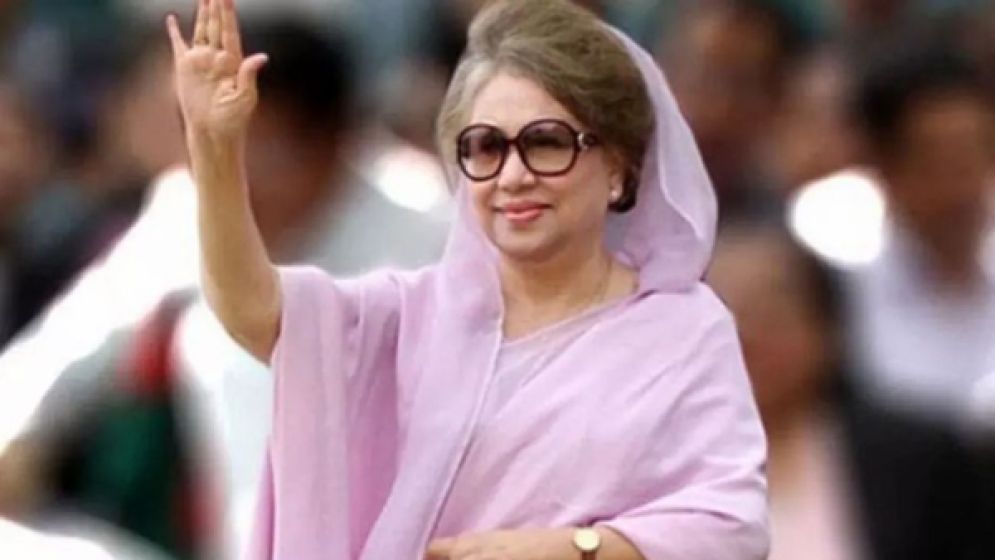
The Bangladesh Nationalist Party (BNP) Chairperson Khaleda Zia was released from prison through an executive order, as announced in a press release from Bangabhaban on Tuesday. This decision comes amid significant political changes and civil unrest in the country.
The release of Khaleda Zia follows a high-level meeting convened by President Md. Sahabuddin. Attendees included the chiefs of the three armed forces, leaders of various political parties, representatives from civil society, and leaders of the anti-discrimination student movement. This meeting was pivotal in deciding the release of the BNP leader, as well as addressing the broader demands of the ongoing protests.
The press release also highlighted that from July 1 to August 5, the government had initiated the release of individuals detained during the anti-discrimination movement and in connection with various legal cases. Many of these individuals have already been freed, marking a significant development in the ongoing civil unrest.
In a surprising turn of events, Prime Minister Sheikh Hasina resigned from her position and left for India on Monday, amidst growing pressure from a nationwide student-led movement. The movement, characterized by widespread protests and demands for political reform, has gained momentum over the past months.
With the Prime Minister's resignation, the process of forming an interim government has begun. President Md. Sahabuddin took immediate steps to address the power vacuum by holding a crucial meeting at Bangabhaban on Monday afternoon. In attendance were the chiefs of the armed forces and key political and civil society leaders. The meeting concluded with the decision to release Khaleda Zia immediately and to free all detainees involved in the recent anti-discrimination protests and related legal cases.
Khaleda Zia had been imprisoned for over two years, serving a sentence related to two high-profile corruption cases. Her incarceration had been a point of contention among her supporters and the opposition, who viewed it as politically motivated. On March 25, 2020, the government conditionally suspended her sentence through an executive order, allowing her temporary release. Since then, her release had been extended every six months upon application, with conditions attached to her freedom.

